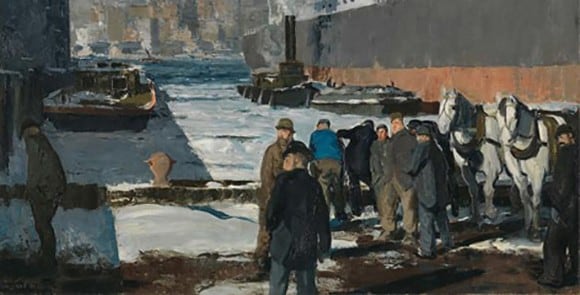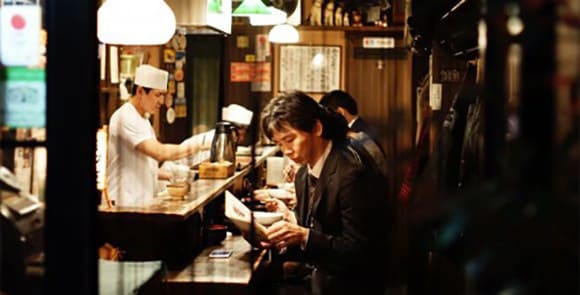Time and tide wait for no economist
April 2017 | 3 min read
Written by Paul Donovan
Written by Paul Donovan
We’d like to meet you
The problem for this nice, simple theory of the value of time is that the way in which we value work time and leisure time is changing.
For my grandparents and great-grandparents - working as casual labour in London docks in the 1920s and 1930s - the value of time was easily calculated. They were paid an hourly rate if they were needed. They were paid nothing at all when they were not needed. The skills level dictated the number of people supplying time. Dock work was low skilled, so there was considerable supply; the value of my great grandparents’ time was low.
When leisure occurred, it was clearly leisure. Work was identified by both place and time - the whistle or bell of the factory or the dockyard marking the start and end of the working shift. Outside of that time, and outside of the walls of the factory or the dock, was leisure. Leisure had a value, although in the 1930s when unemployment made “leisure” involuntary the value of leisure time was very low.
In the modern world, the demarcation of time into leisure and work is less clear. This blurring of work and leisure time distinctions is likely to increase in the future [1]. The fourth industrial revolution changes the way in which society is structured around work and leisure.
The necessity of physical presence in the office, typical of the Japanese salaryman model of past decades (when it was socially unacceptable to leave the office before your manager), does not fit in a world of home working and “always on” communication. If I indulge in a little light reading by browsing the latest edition of the Oxford Review of Economic Policy, is that leisure or work? I get enormous personal pleasure from my reading, but I am also improving my skills as an employee. How should that time be valued?
The decline of manufacturing jobs accelerates these changes. An assembly line requires people to be present along its length - one person missing and the human-machine hybrid fails. As assembly line jobs are surrendered to robots (robots having no choice but to be present),a more service sector focused workplace and potentially a more creative workplace may emerge. Being physically present for a set period of time is less and less relevant. Producing output that is valued is what matters. Employers stop using time as a proxy for the value of output, and try to measure output direct. One manifestation of this is that companies as diverse as General Electric and Netflix allow unlimited vacation - and Netflix goes so far as to declare that it does not track employee hours worked at all. Qualitative assessment of the job done (through performance review) replaces the quantitative assessment of hours worked.
The value of leisure time is also shifting. One possible change in a more virtual world is that possessions become less important, and "experiences" become more important. Possessions are the physical manifestation of the old way of working. Time spent in the office equates to the shiny toys of success (in a "Bonfire of the Vanities" sort of way). In a more virtual and less physical world, the experience that "money cannot buy" becomes more significant - but experiences require leisure time. The value of leisure time shifts.
The uncomfortable truth of this is time inequality.
The less skilled, less efficient worker will have less leisure time; they will need to work longer to produce the output that their more skilled peers produce quickly. People may have equal incomes, but they could have different work:leisure ratios. The less skilled will have a lower quality of life than their more skilled counterparts - something that the traditional measures of valuing time could fail to capture.
In the nineteenth century income inequality ultimately produced the "leisured classes", who had the free time to pursue whatever leisure they chose. The stock of capital that the leisured class held - mainly in the form of land and other inherited wealth - allowed them unlimited leisure. The modern capital that matters is human capital - the skills and flexibility that make one a valued member of the workforce. An abundance of human capital gives an individual the option of having far more leisure than their peers. Members of the skilled workforce, rich in human capital, can choose how much leisure to take. Members of the unskilled workforce, suffering a poverty of human capital, find that their leisure time is constrained by the necessity of working long hours to maintain a minimum standard of living. The new value of time may return society to a version of the time inequality characterised in the novels of Austen and Dickens.
Other articles you might like
Other articles you might like
Whatever your goals, UBS can help you get the best for your life, family and business.
Whatever your goals, UBS can help you get the best for your life, family and business.
Come and see us so we can find out more about what matters to you.
We’d like to meet you
We’d like to meet you
Come and see us so we can tell you more about us.



